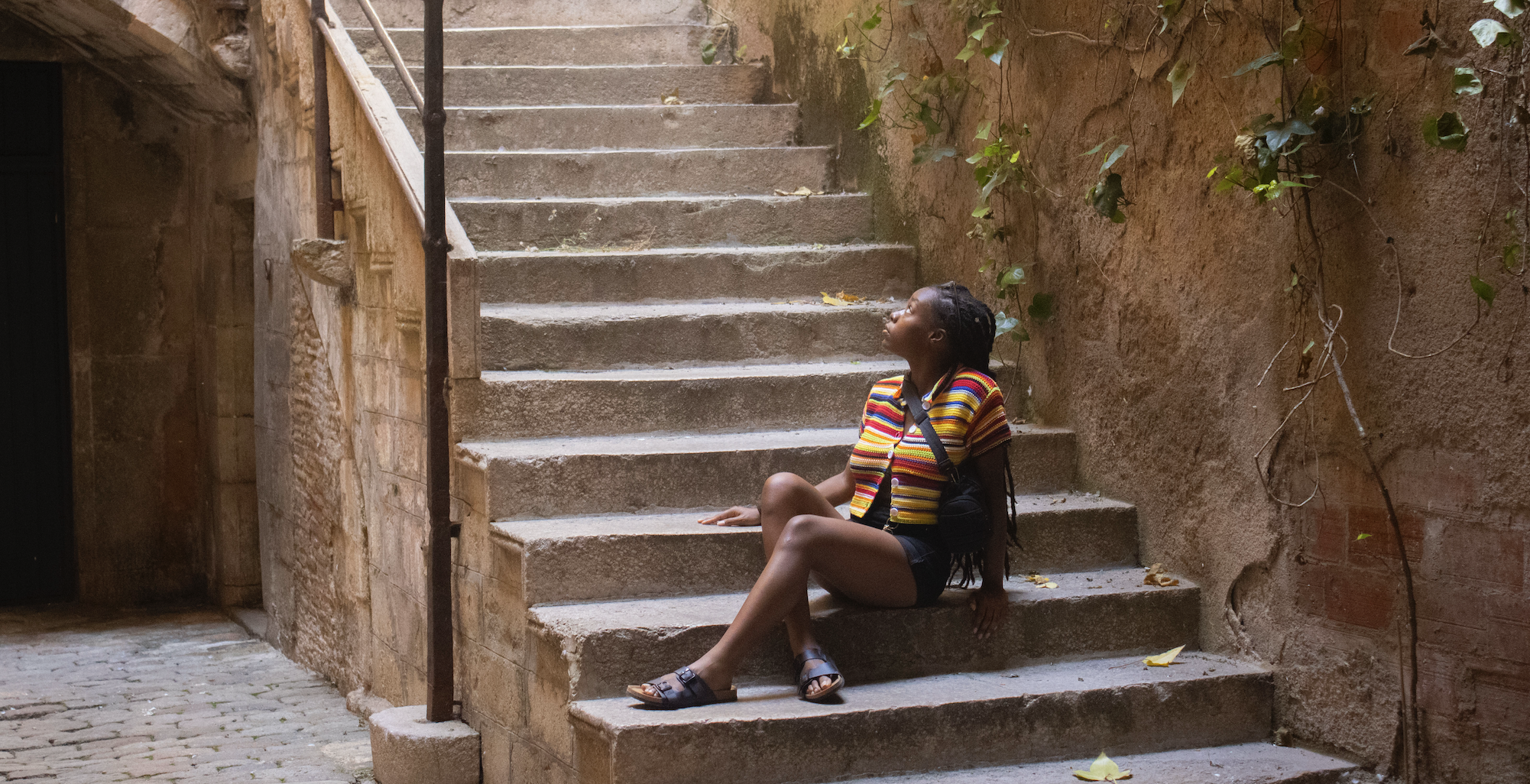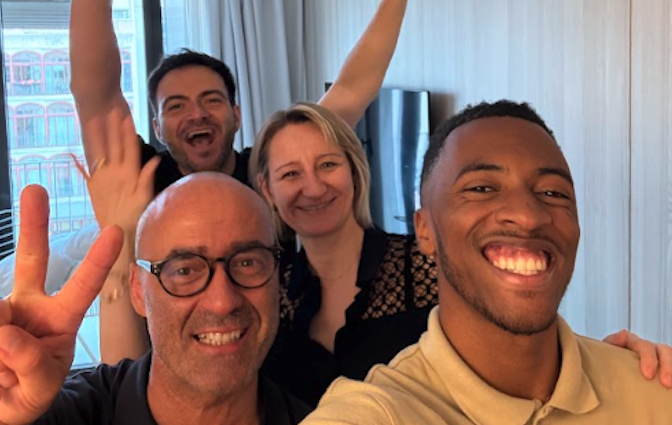Barcelona SAE understands that studying or interning abroad can be a life-changing experience for students. It is important to remember that how this affects students can manifest in different ways…from new hairstyles and wardrobes, to craving different foods, to a newfound interest in politics or international news – and everything in-between.
Parents and family members should be prepared for students to feel some degree of reverse culture shock upon returning home. This may mean that while students are readjusting to life “back home,” that they undergo feelings of depression or a longing to return abroad.
STAGES OF TRANSITION & REVERSE CULTURE SHOCK
The “Stages of Transition” depicted below are adapted in part from the works of Margaret Pusch and other leaders in the field of education abroad, and are intended as a guide to help students and their parents understand the experience of cultural adaptation. Students may pass through these stages in a different order or skip some stages altogether. As your student encounters these stages, it is important for you to listen, praise accomplishments, and offer support, while trying not to make cultural or value judgments. Instead, ask about differences and try to understand them together.

- Anticipating Departure – With the excitement of preparation comes the formation of expectations and goals. To prepare for the transition, students should research the country in which they will study. They should remain realistic in their expectations to avoid disappointment.
- Arrival Confusion – The first few days can be very trying, disorienting, and intimidating. It is not uncommon for a student to call home, upset about housing, the city, jetlag, or local people. If your student is upset, instruct him or her to speak with the local Barcelona SAE staff, who are ready to help during this initial adjustment period.
- The Honeymoon – As everything in the host country is typically new, different, and fascinating, many students respond by being on a cultural high, feeling that everything is wonderful.
- The Plunge – When the novelty wears off, students can become frustrated and confused by the need to adjust to new ways of communicating and differences in living style, food, social customs, and classroom interactions. Although difficult, this stage prepares students to engage with the new culture at a deeper level.
- Initial Adjustment – As students develop their language and social skills, they become more confident and comfortable with local transportation, communication, and social customs. Understanding these aspects of culture and responding appropriately are important accomplishments.
- Confronting Deeper Issues – As students confront cultural differences and personal issues at a deeper level, they begin to see a multitude of approaches to their life abroad and to question deeper assumptions about the world. Students may feel isolated at times.
- Adapting and Assimilating – The sense of isolation subsides as students begin to feel more at home and identify with new ways of thinking and behaving. At this point, students are comfortable with their home identities and with the adapted identities they have developed in the new culture. Not all students will reach this stage, so do not be disappointed if your student does not.
In conclusion, the experience abroad does not end when a student boards the plane to return home. Studying or interning abroad is followed by a period of remembering, analyzing, and interpreting the overseas experience. The transition back to the home culture can be a challenging time, in part because it is unexpected. Students go home to what they believe are familiar, unchanged family and friends. While you may feel that you have not changed a great deal, your student may feel that you have. Students gain a new perspective as a result of their experiences abroad, with new frames of reference. They are trying to reconcile two very different cultures. Eventually, students will reach a balance between the new and the old, the foreign and the familiar. They will fully integrate life overseas with life at home, appreciating both cultures for their own inherent worth. In so doing, your student will be well on his or her way to the development of intercultural competence, one of the greatest rewards of studying abroad. While this can take time, it can have great personal and social benefits.
The support and interest that students receive from parents and family members play a crucial role in allowing students to feel like they can share the meaningful experience they have had. Many of our alumni state that the time they have spent abroad has changed their perspective on traveling and education. Participants also often report that studying abroad was the best, most significant part of their college years – and has changed them for the better.
Want to incorporate Barcelona into your daily life in the U.S.? Read our tips for keeping your study abroad experience alive after returning home.



